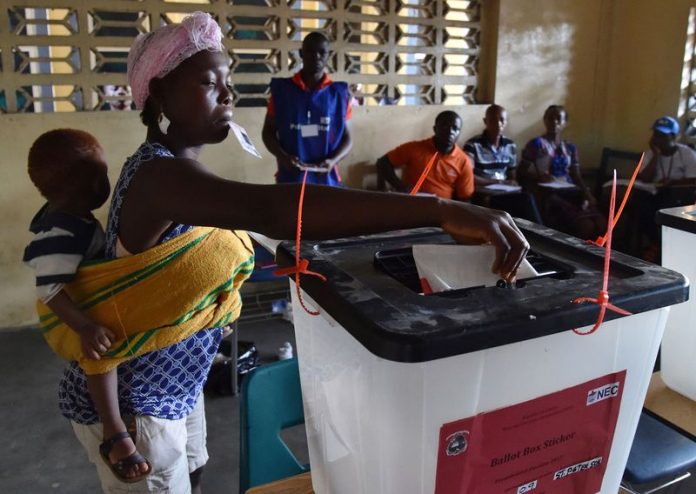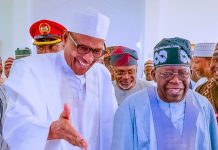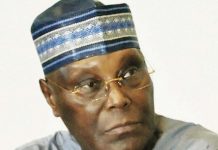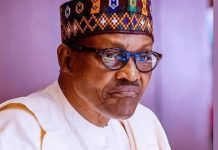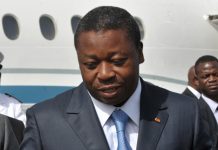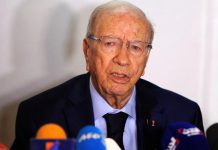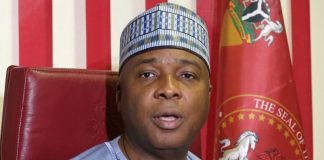In the advanced democracies, electoral umpires give the final pronouncements in electoral matters. Rarely does the judiciary step into that turf. But in Africa, what may initially appear quite common as deciding electoral conduct often snowballs into huge crisis, requiring the intervention of the judiciary. The apex courts in Africa are usually pushed to overdrive. Kenya and Liberia are classic examples.
In Liberia, the Supreme Court has acknowledged that the first rounds of the country’s presidential and legislative elections held last October were, to some extent, characterized by fraud, irregularities and disregard of the New Elections Law.
But the Court in its 4-1 ruling said it has not been established that such malpractices were on a scale that warrants a re-run of the entire elections as requested by the appellants (Liberty Party and Unity Party), which made the allegations.
The ruling stemmed from the Bill of Exception filed by the opposition Liberty Party in cohort with the ruling Unity Party after the NEC Board of Commissioners upheld the ruling of the NEC hearing officer that the two parties failed to prove allegations of fraud outlined in their complaint.
The Liberty Party, led by Charles Brumskine, who came third in the October 10 elections with less than 10 percent of the votes, took the lead in protesting the results claiming that it was marred by fraud and lacked the minimum requirement to be regarded as free, fair and transparent.
However, as precondition for the run-off election, the Supreme Court has mandated and ordered the electoral body to fully comply with the standards of publications of the Final Register Roll, FRR, as in keeping with law. The NEC has also been ordered to conduct a full cleanup of the FRR to have it comply with the provision of the law.
The FRR is to be available in published hard copies to all Election Magistrates and polling places across the country in accordance with law prior to the conduct of the runoff election.
Contentiously, the NEC has also been mandated not to allow anyone whose name is not in the FRR to vote during the run-off, noting that the FRR is the only electoral document that speaks to the eligibility of voters. “Poll watchers, who did not register at their places of assignment and those whose names are not in the FRR should not be allowed to vote.”
The Chairman and members of the Board of Commissioners of the NEC and other officials of NEC have been prohibited by the Supreme Court from public utterances and pronouncements relating to any matter that may emanate from the run-off.
Meanwhile, the NEC is expected to tell Liberians when they are going to head to the polls to vote. The two parties, which are to participate in the run-off poll are the Coalition of Democratic Change, CDC, represented by Senator George Weah and the ruling United Party represented by Vice-President Joseph Boakai.






